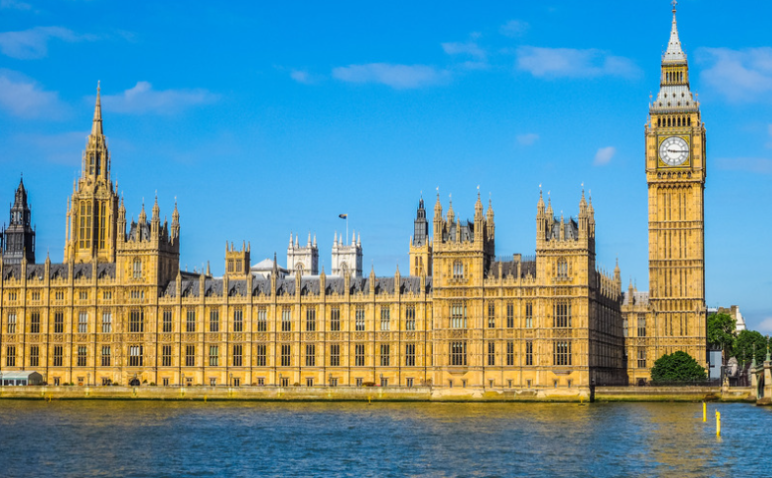Following Labour’s victory in the general election, Rachel Reeves made her first speech as the new Chancellor of the Exchequer on 8 July 2024, promising a ‘new approach to growth’.
In our latest blog post, we take a look at some of the main pledges from the Labour manifesto and the Chancellor’s speech which impact tax and businesses.
Growing the economy
Kickstarting economic growth was one of Labour’s key manifesto policies and was a central pillar of the Chancellor’s speech.
A new National Wealth Fund will be launched to invest (and attract) private sector investment in new and growing industries, with further details to be announced in due course. An Industrial Strategy Council will be established to provide expert advice with a view to end short-term economic policy making.
Labour’s manifesto vows to retain the full expensing regime for companies and annual investment allowance, which also applies to self-employed individuals. Both full expensing and the annual investment allowance give an accelerated rate of deduction for capital investment. Firms will also be given greater clarity on what qualifies for allowances to aid investment decisions.
In order to ‘level the playing field between the high street and online giants, better incentivise investment, tackle empty properties and support entrepreneurship’, the current business rates system will be replaced in England, with more information about how this will be changed to follow.
Reform of the British Business Bank will make it easier for small and medium size enterprises to access capital.
Tax
Confirmed in the Chancellor’s speech, the Labour manifesto ruled out increases in National Insurance contributions, the rates of Income Tax and VAT. However, the manifesto did promise to end VAT exemption on private school fees and business rates relief for private schools. There has been no mention of changing the thresholds for income tax, the rates or thresholds of employers’ NIC, nor mentions of raising Capital Gains Tax or Inheritance Tax rates.
For businesses, the manifesto pledges to introduce a roadmap for business taxation for the next parliament as well as committing to only one major fiscal event per year. Labour have also pledged that the main rate of corporation tax will be capped at 25% for the next parliament.
One of the key points of the manifesto was around closing non-domicile tax loopholes and investment in reducing tax avoidance. Labour states: ‘We will increase registration and reporting requirements, strengthen HMRC’s powers, invest in new technology and build capacity within HMRC.’
Reforming the planning system
Much of the Chancellor’s speech concerned proposed changes to the planning system through infrastructure development and housebuilding. The Chancellor pledged to consult on reforming the National Planning Policy Framework, including the restoration of mandatory housing targets. Further measures will accelerate stalled housing sites, support local authorities with the addition of 300 more planning officers, and use government intervention in planning applications where ‘the potential gain for the regional and national economies warrant it’. Brownfield and grey belt land will be prioritised for development to meet housing targets where needed.
The Chancellor also stated that the ban on new onshore wind in England will be ended and that decisions on large developments will be taken nationally, not locally.
Energy Profits Levy
The manifesto pledged that changes will be made to the Energy Profits Levy, which is the windfall tax on oil and gas companies. Changes include extending the sunset clause (when the levy will end) to the end of parliament, increasing the rate of the levy by 3% and removing ‘unjustifiably generous investment allowances’.
The Chancellor’s speech stated that a date for a budget, alongside a forecast from the Office for Budget Responsibility, would be confirmed ‘in due course’.
If you have any questions about the measures announced in the Labour manifesto or the Chancellor’s speech, or how they may impact you or your business, please get in touch.
